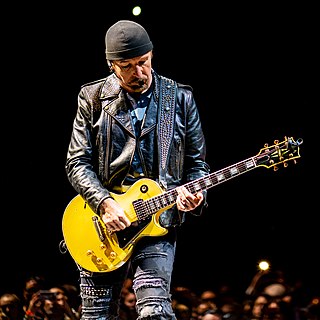A Quote by David Henry Hwang
My new play 'Chinglish,' which will go to Broadway, is about a white American businessman who goes to a provincial capital in China, hoping to make a deal there. It's bilingual. And it's about trying to communicate across language and cultural barriers.
Related Quotes
If you don't go to Broadway, you're a fool. On Broadway, off Broadway, above Broadway, below Broadway, go! Don't tell me there isn't something wonderful playing. If I'm home in New York at night, I'm either at a Broadway or an Off Broadway show. We're in the theater capital of the world, and if you don't get it, you're an idiot.
I think in theory, the United States finds it much easier to deal with situations where there is a leading country. You can go to the leaders of that country and say, for example, to India, "There are all these problems in Bangladesh, we really have to do something about it, what do you suggest we can do to work out a common policy?" But when you don't have the equivalent of India, you have to go capital to capital trying to put together a coalition, which is extraordinarily difficult, especially in the Arab world, because of the historic rivalries and branches of Islam.
I want to deal with the homeless situation here in Washington, D.C. I think it is a travesty that we've got men - and increasingly women - families, across the street and the in shadow of this great capital, that shows a lack of concern, not just for the capital, but for American, when we are allowing something like that to happen.





































